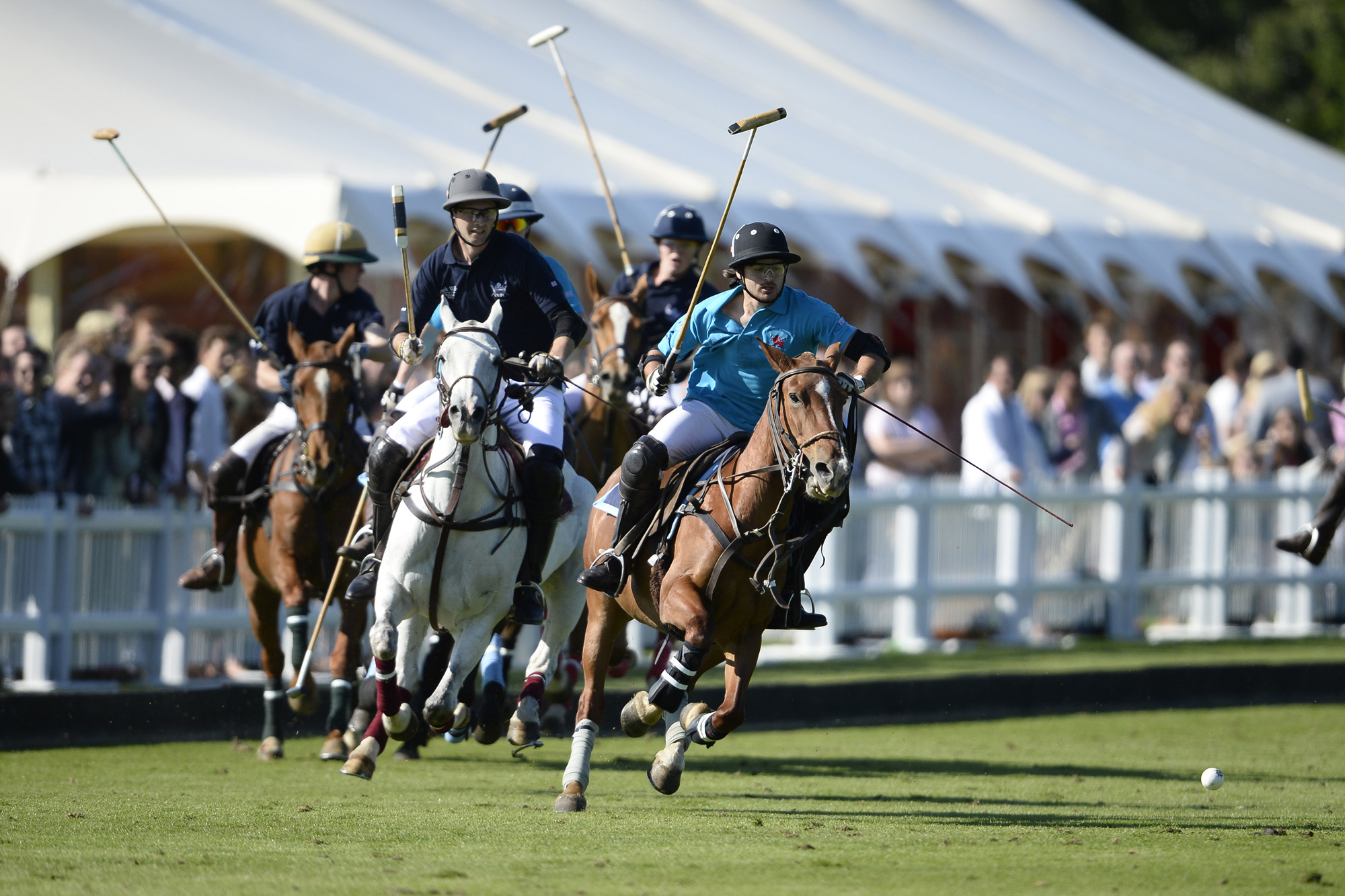How to play polo
- Introduction to Polo
- Understanding Polo Rules: Part 1
- Understanding Polo Rules: Part 2
Understanding Polo Rules: Part 2
Understanding the Role of the Third Man in Polo

Equestrian team sport.
In the sport of Polo, the roles of umpires and referees are crucial for maintaining the flow and fairness of the game. While the umpires are on the field making immediate decisions, there is another important figure who plays a significant role in the adjudication process - the Third Man, also known as the Referee.
Role and Responsibilities of the Third Man
The Third Man is an off-field official who is called upon when the two umpires on the field cannot agree on a decision or when a decision is too close to call. The Third Man's decision is final and cannot be disputed.
The Third Man's responsibilities include:
- Making a final decision when the umpires on the field disagree.
- Reviewing and ruling on any appeals made by the teams.
- Ensuring the rules of the game are adhered to by all players.
- Assisting the umpires on the field in maintaining the flow of the game.
The Decision-Making Process
When the umpires on the field disagree on a decision, they will refer the decision to the Third Man. The Third Man will review the situation, taking into account the perspectives of both umpires, and make a final decision.
In some cases, the Third Man may also use video replay technology to assist in making a decision. This is particularly common in professional and high-stakes games where the accuracy of decisions is paramount.
The Importance of the Third Man
The role of the Third Man is crucial in maintaining the fairness and integrity of the game. By providing an impartial perspective and making final decisions in disputed situations, the Third Man ensures that the game is played according to the rules and that all players are treated fairly.
In addition, the Third Man also plays a key role in maintaining the flow of the game. By quickly resolving disputes and making decisions, the Third Man helps to minimize disruptions to the game and keep it moving at a steady pace.
In conclusion, while the Third Man may not be as visible as the umpires on the field, their role is just as important. They are a key part of the officiating team, ensuring that the game of Polo is played fairly, according to the rules, and with minimal disruptions.